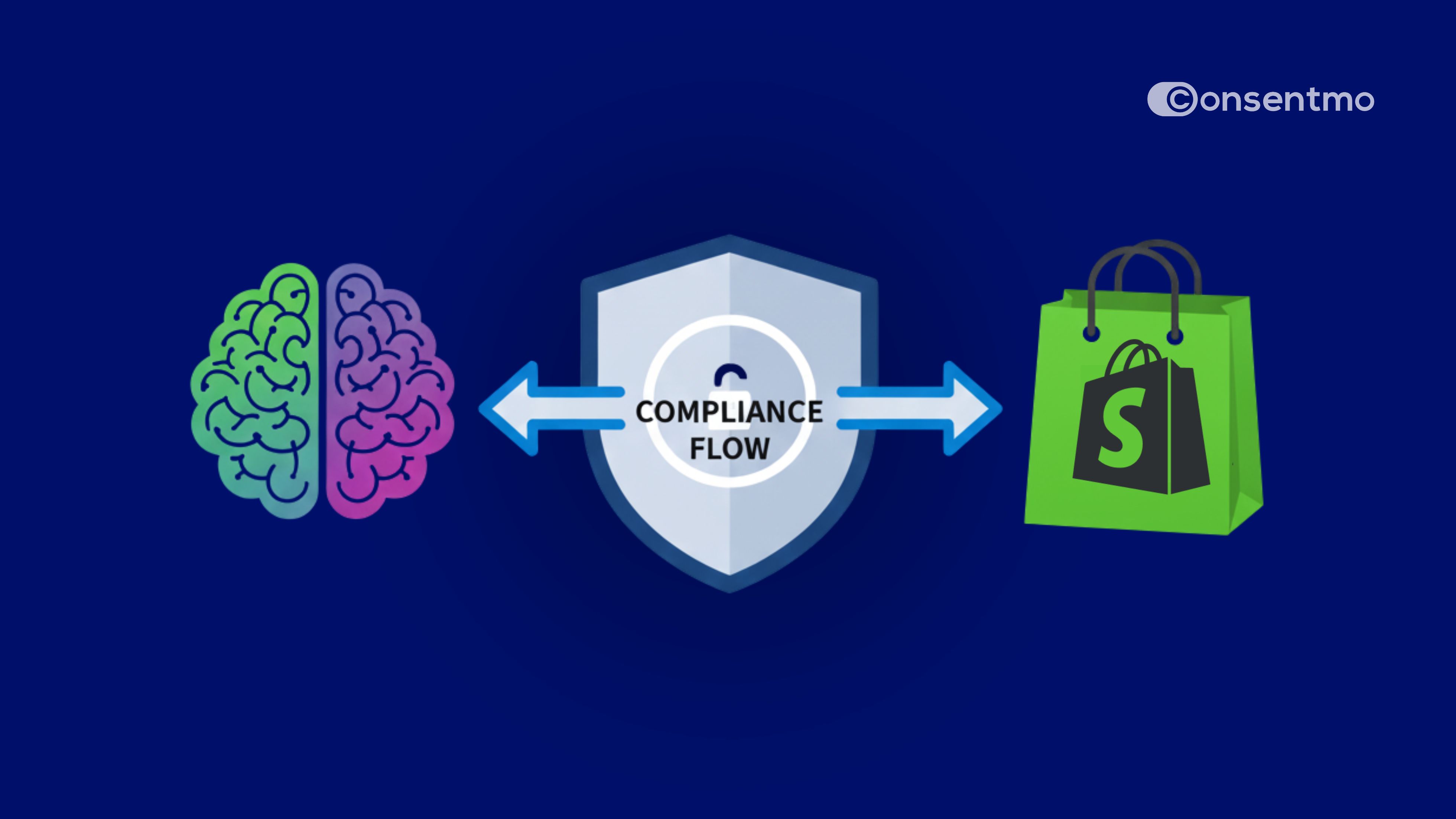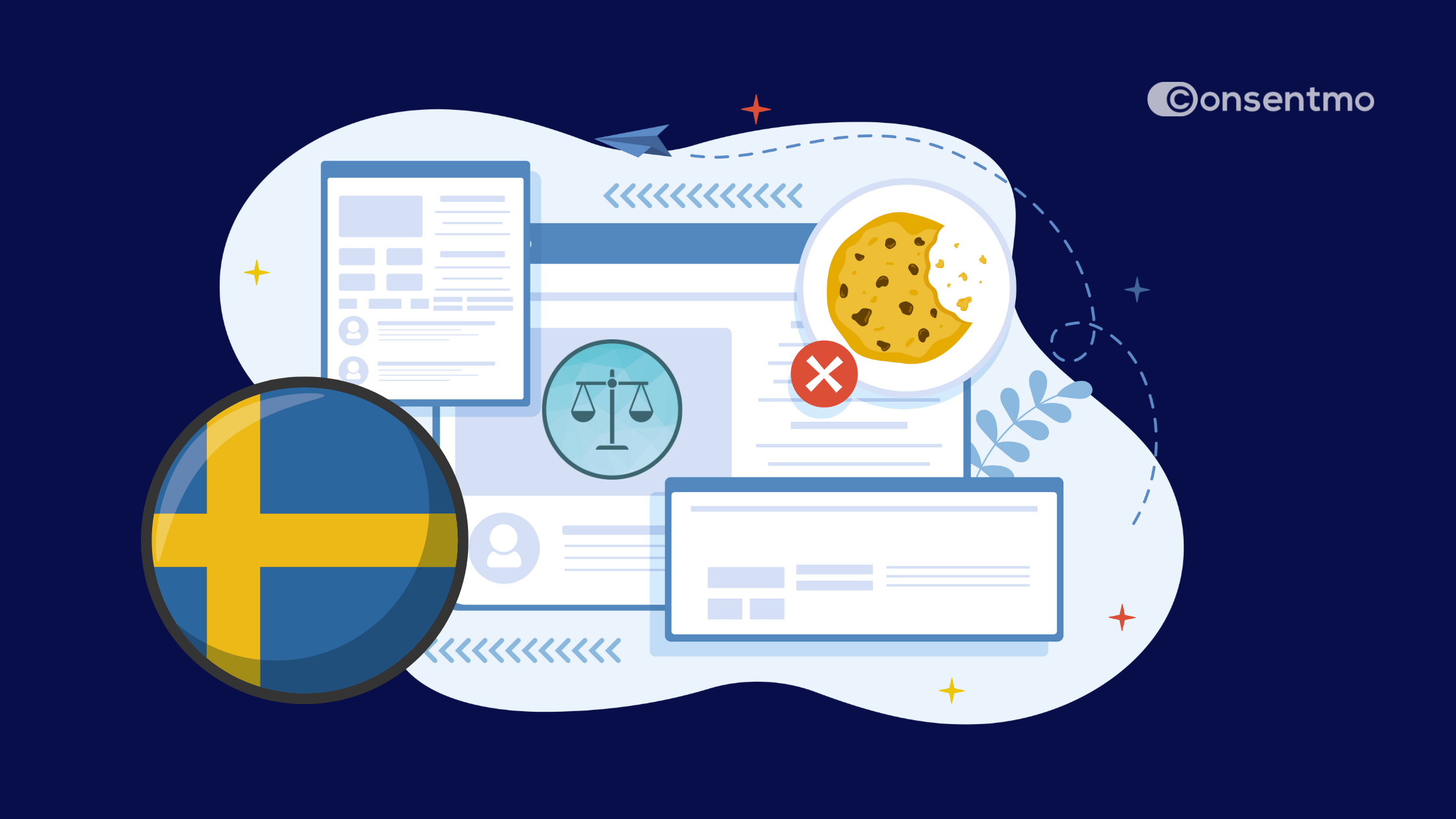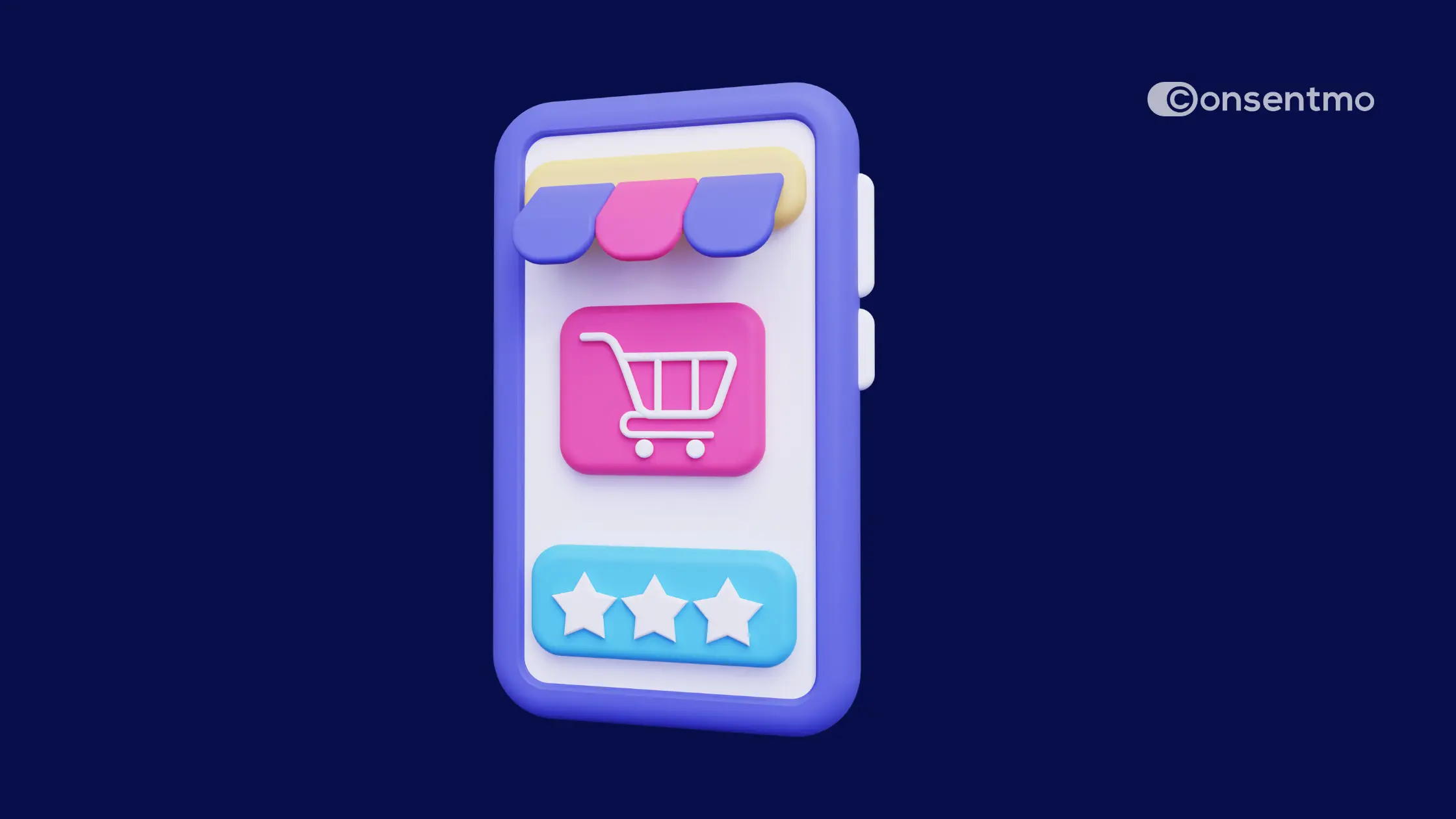Google's Recent Reversal on Third-Party Cookies: Insights for Shopify Merchants
Google has delayed its plan to end third-party cookies in Chrome, which was supposed to happen by 2024. This decision came after hearing from the industry and facing some technical issues. As Shopify merchants, you can still use third-party cookies, which are important for digital ads and protecting user privacy. We'll explore third-party cookies in more detail shortly, but first, let's discuss what first-party cookies are and why they're increasingly important.
First-Party Data Explained
First-party data is gathered directly from your own channels, such as your website, mobile apps, and social media profiles. It provides insights into how customers interact with your site, their purchase history, content engagement, and communication preferences. This data is crucial because it offers direct insights into your customers' behaviors and needs, allowing for more targeted and effective marketing strategies.
What Are Third-Party Cookies?
Third-party cookies are tiny text files that websites you haven't visited directly place on your device. They're used by advertisers and companies that analyze online data to see what you do on various websites. This tracking helps these businesses figure out what you like and dislike online, which allows them to show you ads and content that you're more likely to be interested in.
However, many people are concerned about how much they're being tracked and whether their privacy is being respected. Because of these concerns, there's a growing demand for clearer ways to manage and understand how cookies are used. People want simpler ways to accept or reject these cookies. They also want better explanations of what happens to their data. This call for greater transparency is changing how companies handle personal information online.
Differences between First-Party and Third-Party Cookies
Understanding the distinct differences between first-party and third-party cookies is important for Shopify merchants aiming to optimize their digital strategies:
1. First-Party Cookies:
- Set by the Visited Website: These cookies are created and stored by the website the user is currently visiting.
- Essential Functionalities: They are key for basic site functionalities, such as user logins, language settings, and shopping cart management.
- Privacy Compliance and Security: First-party cookies are generally considered more secure and privacy-compliant as they relate directly to the user's interaction with the site without tracking behavior across multiple domains.
- Direct Data Collection: By focusing on first-party cookies, Shopify merchants can enhance user trust and comply with stringent privacy laws, while still collecting vital data for personalizing user experiences and improving site functionality.
2. Third-Party Cookies:
- Set by External Domains: These cookies are placed by domains other than the one visited by the user, commonly used by advertisers and analytics services.
- Cross-site tracking: They enable tracking of user behavior across different websites, helping advertisers create detailed profiles for targeted advertising.
- Privacy Concerns: Their use has raised significant privacy issues, leading to increased regulation and a push for more transparent consent mechanisms.
Understanding the Shift
Initially, Google aimed to increase user privacy by removing third-party cookies through its Privacy Sandbox initiative. The idea was to transform the digital advertising landscape by eliminating a commonly used tool for tracking user behavior across sites. Despite the pause, Google is implementing new features in Chrome to give users better privacy controls. For Shopify merchants, this means that the essential tools for detailed user tracking and targeted advertising are still available, although under potentially modified conditions.
Implications for Shopify Merchants
- Increased Focus on User Consent: With Google’s new user preference controls, Shopify merchants need to emphasize user consent more than ever. Merchants should clearly communicate the benefits of cookies, showing how they contribute to a more personalized shopping experience by suggesting products tailored to users’ interests. Transparent and compelling explanations will be key to gaining user opt-ins.
- Importance of First-Party Data: The delay in the ban of third-party cookies provides an opportunity to enhance first-party data collection efforts. This type of data, collected directly from customer interactions, complies more closely with privacy regulations and is less susceptible to policy changes. Methods to improve first-party data collection include enhancing website interactions, refining email marketing approaches, and leveraging direct customer feedback through surveys and interactive content.
Legal and Regulatory Overview
It's importan to keep up with the changing rules and regulations about privacy laws. Various jurisdictions around the world have implemented stringent data protection regulations, such as the General Data Protection Regulation (GDPR) in Europe. This imposes strict guidelines on how businesses can collect, store, and process data of EU citizens. The California Consumer Privacy Act (CCPA) gives California residents the right to know about their personal information that businesses collect and its uses. These laws give users the right to opt out of selling their personal info. So, consent mechanisms must be clear and compliant. Shopify merchants must understand these laws. It is key to being compliant and ready to handle user data rights requests.
Strategies for Navigating Changes
- Contextual Advertising: This method places ads based on a webpage's context rather than using personal user data. It has stricter privacy standards while remaining relevant. Shopify merchants can use this strategy. It will reduce their reliance on personal data, meet privacy expectations, and keep marketing effective.
- Enhanced Customer Engagement: Stronger, direct relationships with customers can reduce reliance on third-party data. Strategies like personalized loyalty programs and targeted email campaigns are effective. They engage customers and gather reliable first-party data. So is opening direct feedback channels. These strategies also improve customer retention and satisfaction by offering experiences that are more tailored.
- Privacy Sandbox Technologies: Google's Privacy Sandbox is working on tech. It aims to enable personalized ads without invasive tracking. Technologies like the Topics API facilitate advertising that respects user privacy. Early use of these technologies by Shopify merchants can give them an edge. It will prepare them for future regulations and help them stay competitive.
About Consentmo: Your Strategic Partner in Privacy and Compliance
As digital commerce evolves, partnering with an expert like Consentmo is invaluable. We help Shopify merchants with data privacy and compliance. Our app and expertise guarantee your marketing strategies follow the latest regulations. Partnering with Consentmo can turn privacy issues into growth. It can also boost customer engagement.
Conclusion: Staying Ahead in a Changing Digital Landscape
Google's decision to continue supporting third-party cookies presents both opportunities and challenges. Shopify merchants should use this time to refine their marketing strategies, focusing on sustainability and compliance with emerging privacy standards. Adopting innovative, privacy-focused marketing strategies will not only comply with regulations but also build lasting trust with consumers, positioning your business for success in a dynamically evolving digital marketplace.




.webp)



.png)








.png)








.jpg)















%2520.webp)
















.webp)


.webp)



.webp)
.webp)





.webp)































%20-%20Copy-p-500.webp)

.webp)



%20-%20Copy.png)
.svg)